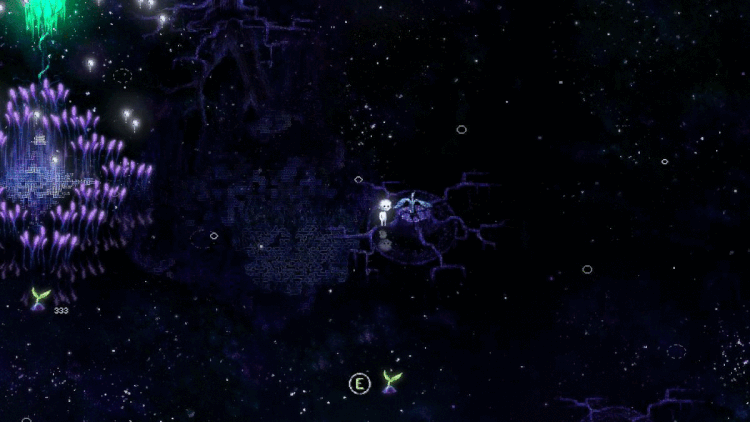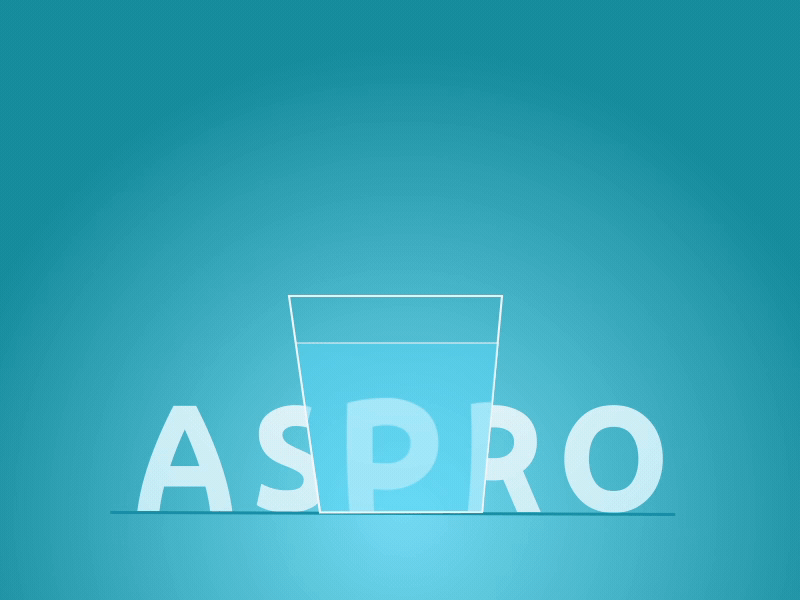"it was plenty easy to find cheaper games at the time"
The same percentages should still apply, no? Actually, I suppose licensing fees and packaging costs wouldn't change, but you can easily work out the more malleable numbers from that base.
Also: why no profit margin listed for the retailer? Don't they have to pay for the game that they're going to sell?

^I don't think they broke down where the retailer spends his/ her profits because it was not germane.

aspro said:^I don't think they broke down where the retailer spends his/ her profits because it was not germane.
Rather than where they spend their profits, what I'm really wondering (and this is probably a pretty stupid, basic retail question that everyone already knows the answer to, so excuse my ignorance) how much they would have to pay for a $70 dollar game. Or if the distributor just ships it to them at no cost and waits for the royalties once the game has been sold, so to speak? The $18 figure implies that they'd be paying $52 per $70 unit, I suppose.

aspro said:I get what you are saying. Yeah...
Yeah they pay $52, or just a random trailing off yeah? Still, I'm left wondering if they pay up front or only after selling the unit...and do they pay the distributor directly, and the distributor sends it off to the multiple parties involved, or is that the publisher's job? The extended bureaucracy of the whole proccess is intriguing...
And what happens if one involved party ceases to exist; do the other parties involved receive increased profits? What happens if the party that was designated with profit distribution is kaput; who handles that then. The possibilities and questions are endless. 

I think the retailers buy the copies up front with an agreement to sell back any unsold copies to the distributor or publisher at a lesser rate.
In most cases though the publisher does not want them back, or pay for shipping so they instead tell the retailer to keep them and they credit the retailer toward future purchases. Which is how the "discount bin" comes into play.
Those games end up being essentially free to the retailer so they can sell them for, say $9 and still make a good profit.




Electronic Gaming Monthly in May 1996 had an article. Who You Pay To Play, which broke down where the money goes on each game you purchase.
Keep in mind that 70 dollars in 1996 had the same buying power as 102.74 current dollars and that 60 dollars in 1996 had the same buying power as 88.06 current dollars.
Some Excerpts from the story:
Now that's not the full story of course, it was plenty easy to find cheaper games at the time, indeed in the back of the magazine there are discounters who sell most Playstation games for $49.99 and SNES games from $14.99 (Zombies Ate My Neighbors) to and average of around $50. Chrono Trigger is listed at $70, Zelda: LTTP (Late to the party?) is $25.99.
Virtua Boy games were $37 each., Saturn and Jaguar $50 on average.
So no real point, just wanted to memorialize this somewhere. I do remember pretty much always paying $50 new for PS and $60 new for N64. That's why the Dreamcast was so great, as most games for that were (incredibly) $39.99.